“For the first time in my life, I experienced racism, and it was extremely, extremely painful,” says Bob James, a Baha’i living in Durham, North Carolina.
RELATED: The Trauma of Racism
“I would attend class, be the only African American in the class, and to hear, let’s say, a class of 50-plus saying how they don’t like African Americans — it didn’t make me feel good to be in that environment.”
In this short clip from “The Race Unity Project,” Bob reflects on the daily racism he experienced from teachers and peers alike while pursuing his college degree. Produced by Journalism for Change, Inc, a nonprofit media organization founded by filmmaker and human rights activist Maziar Bahari, The Race Unity Project tells “the century-long story of the American Baha’i community and its efforts — as well as its tests and challenges — in promoting race unity.”
“Just knowing that I was being ignored because I was African American, knowing I was being hated because of my hair and the color of my skin [was a] very painful experience for me...I’ve never gotten over it,” Bob says.
RELATED: Why Black People Need Safe Spaces to Heal
Baha’is understand how painful and persistent the disease of racism is — and that we have a spiritual responsibility to end it. In 1985, the Universal House of Justice, the global governing body of the Baha’i Faith, wrote:
Racism, one of the most baneful and persistent evils, is a major barrier to peace. Its practice perpetrates too outrageous a violation of the dignity of human beings to be countenanced under any pretext. Racism retards the unfoldment of the boundless potentialities of its victims, corrupts its perpetrators, and blights human progress. Recognition of the oneness of mankind, implemented by appropriate legal measures, must be universally upheld if this problem is to be overcome.
And despite all of the rejection, exclusion, and derogatory comments that Bob faced, he still persevered in his efforts to open up people’s minds and hearts to the “recognition of the oneness of mankind.”
Watch as Bob shares a story of how he was able to teach one overtly racist white classmate about the beauty and benefit of having friendships with Black people.
Radiance Talley is the director of operations at BahaiTeachings.org. She graduated from the University of Maryland with a degree in communication, a College Park Scholars Arts Citation, and a cognate in journalism. In addition to her writing, drawing, presentation, and public speaking experience, Radiance also...
READ MORE

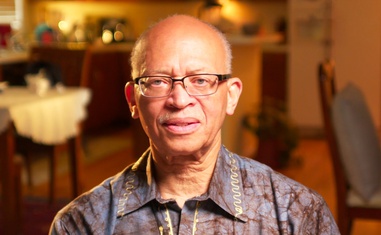


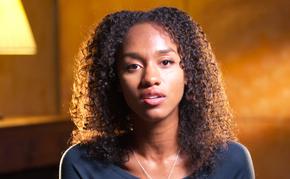
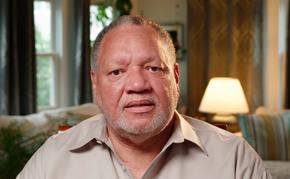
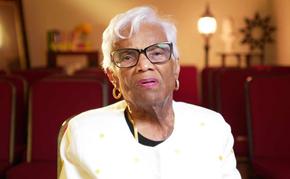
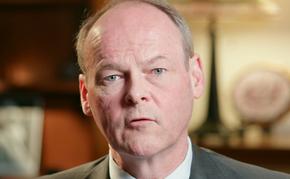









Comments
Sign in or create an account
Continue with Facebookor